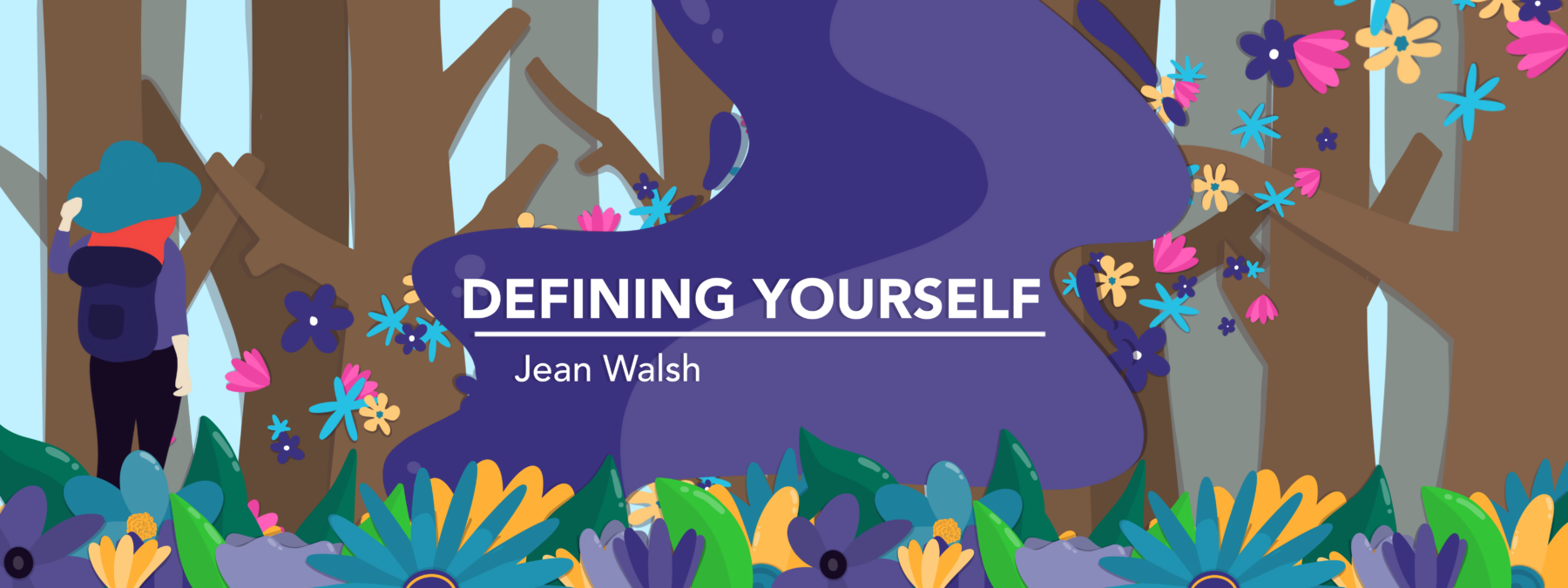How I respond when people ask, ‘How are you doing?’
For someone living with FA, this question can be complicated to answer
Written by |

Note: This column describes the author’s own experiences with Skyclarys (omaveloxolone). Not everyone will have the same response to treatment. Consult your doctor before starting or stopping a therapy.
The holiday season is upon us. For many, it’s a time to gather with friends and family we don’t see that often. It’s also a time when the ever-innocuous question “How are you?” is frequently asked.
That question — one we routinely respond to with “fine” — seems so benign. But as someone with a rare disease who’s been symptomatic for about 45 years, I struggle to respond when loved ones ask, “How are you doing?”
How am I?
I’ve been sick for a long time. My disease, Friedreich’s ataxia (FA), is degenerative, meaning it gets worse over time. There’s no way around that simple truth.
So when someone asks me how I’m doing, I imagine that person to be curious about my physical well-being. As an optimist, I’m uncomfortable saying, “Worse than the last time you saw me,” but sometimes that’s the truth. I always struggle internally with how to answer. Should I be honest, or should I be optimistic? Can I be both?
One way of being honest yet optimistic is to focus on my emotional or social well-being. For example, I might say, “I’m good. We had a great vacation at the Grand Canyon last spring.” With an answer like that, I can avoid talking or thinking about how I’m less able.
But if I want to talk about my physical well-being, I now have a good option. Now that those of us with FA have our first approved treatment, Skyclarys (omaveloxolone), I can say, “I feel about the same as last year. With a degenerative disease, that’s a good thing.” Being able to answer in an upbeat and truthful way is an unexpected bonus of taking Skyclarys for me.
Many of the folks I’ll see this season have donated money and attended events to help further research. They’re part of the vast coalition of people for whom I’m so grateful — the coalition that brought Skyclarys to fruition.
Their time and money are invested in me and everyone with FA. Our work isn’t done, but their ongoing support has helped our community be healthier. My honest answer to “How are you doing?” leaves room for that important truth. We won’t be done until there’s a cure that’s accessible to everyone worldwide who needs it.
As I prepare for another holiday gathering, I think about what gift I’ll bring the host. I also make sure the site is wheelchair-accessible, especially the bathroom. And I prepare to respond to the question “How are you doing?” as well as any deeper inquiries. Maybe a friend or family member will want to know how Skyclarys is working for me. Maybe they’ll want to hear how I’m doing emotionally. All of these scenarios are fine with me.
Writing this column has made me consider how often I ask this question superficially. But I think asking it is less important than listening with curiosity and empathy to the answer. I’m sure FA and other rare diseases aren’t the only things that make “How are you doing?” a complicated question to respond to.
Note: Friedreich’s Ataxia News is strictly a news and information website about the disease. It does not provide medical advice, diagnosis, or treatment. This content is not intended to be a substitute for professional medical advice, diagnosis, or treatment. Always seek the advice of your physician or another qualified health provider with any questions you may have regarding a medical condition. Never disregard professional medical advice or delay in seeking it because of something you have read on this website. The opinions expressed in this column are not those of Friedreich’s Ataxia News or its parent company, Bionews, and are intended to spark discussion about issues pertaining to Friedreich’s ataxia.



Cyndy Toy
My answer is always an enthusiastic “I’m Awesome.”
Sometimes I just say , “Some days are good other days are better.
Jean Walsh
Hey Cindy, I like it! I am going to add those replies to my repertoire.